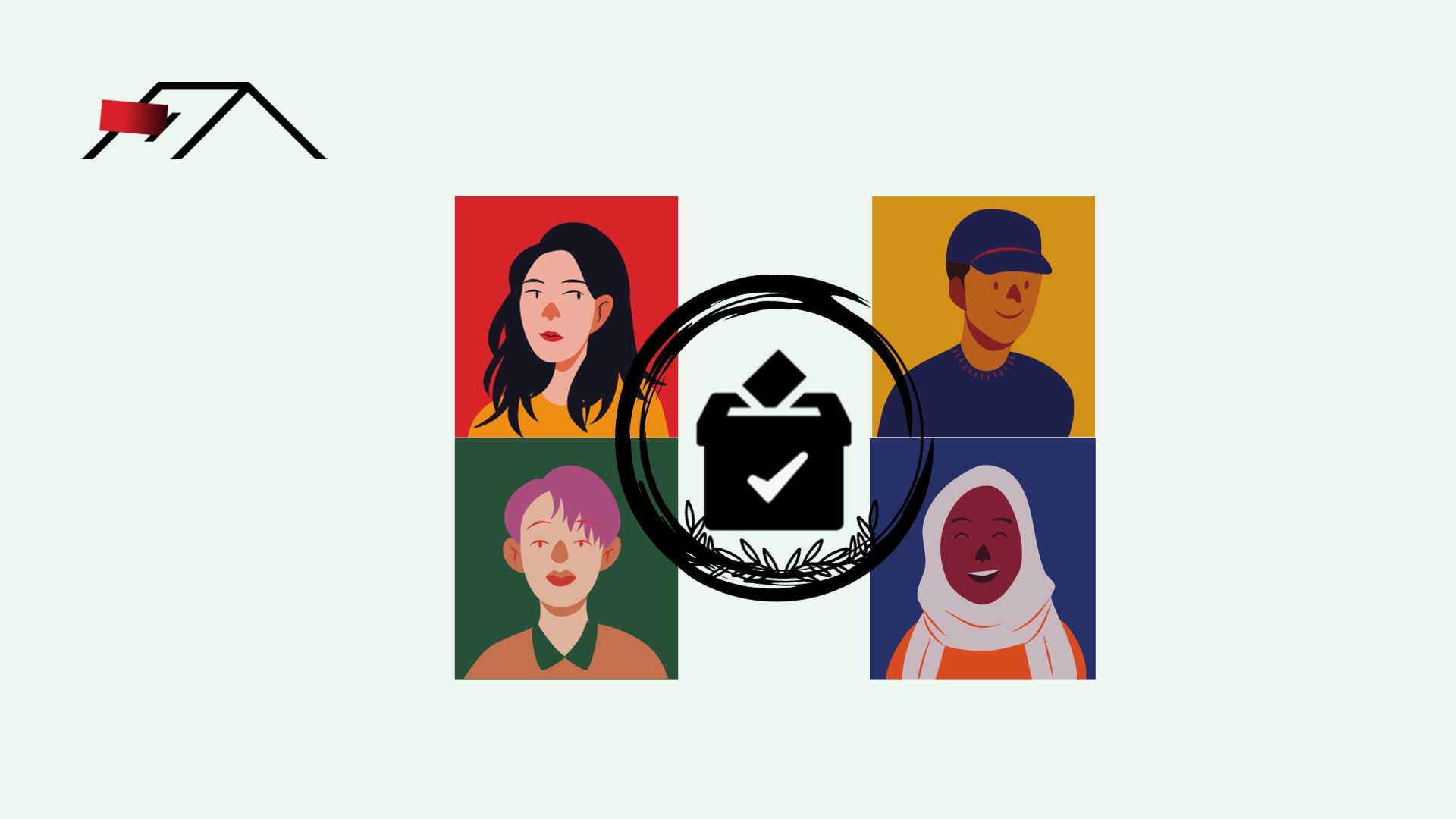The presidential and vice-presidential nomination threshold is the root of the political problem in Indonesia, which also becomes a factor in Gibran Rakabuming Raka’s nomination. In the previous election, our society was divided into ‘cebong’ and ‘kampret,’ leading to intense rivalries even within families. People refrained from greeting each other, and in some cases, there were instances of violence due to differing political choices.
The presidential nomination threshold is indeed a serious issue that cannot be taken lightly. The societal division needs to be evaluated by law enforcement and constitutional implementers, both in the executive, legislative, and judicial branches. However, these efforts do not receive specific attention from political party leaders and state institutions.
Numerous times, academics, practitioners, and democracy observers filing appeals to the Constitutional Court (MK) have been disregarded, citing an open legal policy. This undoubtedly leads to a significant regression in the democratic process in Indonesia, raising concerns about populist politics, regulation of freedom of speech, human rights protection, and even government manipulation to retain power. This is further discussed by political scientists Edward Aspinall and Eve Waburton in their scholarly journal titled ‘Explaining Indonesia’s Democratic Regression: Structure, Agency, and Popular Opinion.’
“Furthermore, the presidential nomination threshold actually limits the best men and women of Indonesia. This is, of course, based on proposals from election participants, namely political parties that have been verified and declared eligible. The nomination threshold causes all political parties to engage in a game of strategy, exchanging interests to secure a ticket to nominate their cadres for contention in the 2024 Presidential Election.”
Many coalition efforts have been made by various parties, ranging from Koalisi Indonesia Bersatu [the United Indonesia Coalition] or KIB, Koalisi Perubahan untuk Persatuan [the Coalition of Change for Unity], to Koalisi Kebangkitan Indonesia Raya [the Great Indonesia Awakening Coalition] or KKIR. The possibility of nominating the best and purely based on shared platforms or ideologies is limited due to the existence of the nomination threshold.
The Procedural and Substantial
In several literatures, there are at least a few ways to observe the practice of democracy in Indonesia, including procedural and substantive democracy. Procedural democracy is a tool to achieve the pure goals of a democratic state itself; therefore, democracy is defined as a form of governance that engages in democratic practices in the country. This is also related to the clear division of power through state institutions deliberately formed to perform checks and balances, and the process of electing individuals to various state institutions through elections.
State institutions that are considered to represent the formation of a democratic state generate the substance of democracy when they guarantee the individual rights of citizens to participate in influencing the course of a country. With this, the procedures established by the state must deliberately involve the individual rights of citizens in achieving the development goals of a country.
There are at least four aspects that can be the focus of implementing procedural democracy. Firstly, comprehensive community participation. Secondly, political equality of the people. Thirdly, the majority voice in representation. And fourthly, the reciprocal relationship between the representatives and their constituents after being elected.
Electoral Democracy
Normatively, electoral democracy is interpreted as the process of selecting candidates who will represent the public, both at the legislative and executive levels. A distinctive feature of a democratic state is the election of leaders through general elections. The people are treated equally and undiscriminated in expressing their choices to determine their own future and the future of their country.
Direct presidential elections are a manifestation of electoral democracy in a government that claims to adhere to a presidential system. Here, power is determined through the election by the public, and there are limitations on power within that leadership. This is stipulated in the 1945 Constitution of the Republic of Indonesia, Article 7, which states that, “The President and Vice President hold office for a term of five years and may be re-elected for only one more term.”
The sentence means that the positions of the President and Vice President are explicitly limited to two terms of office. Certainly, this presidential system is different from a parliamentary/monarchic system led by a prime minister or king, where the power structure does not necessitate elections and term limitations.
Many political scientists emphatically state that democracy remains the best system in the world. However, various problems are often encountered in the practice of democracy in several countries, including Indonesia. One of the issues is the presidential system with a parliamentary flavor. The influence of parliamentary party preferences in determining presidential candidates through the nomination threshold also becomes a political system in regional parliaments. The impact is the practice of political dynasties intertwined with the ruling party in regional parliaments through the regional head nomination threshold. This occurs in Banten, Klaten, Jambi, South Sulawesi, and several other regions.
Electoral democracy in Indonesia is considered to have deviated significantly from its original definition. Electoral democracy is unilaterally interpreted as how to seize power by pragmatically gaining support through the nomination threshold.
If we specifically revisit the discussion about the presidential nomination threshold, it certainly undermines Indonesian democracy. Indonesian democracy should ideally ensure the substance of democracy, but unfortunately, it has shifted towards a more pragmatic focus on electoral interests alone. What is considered important is how many votes can be obtained, rather than the battle of ideas to advance Indonesia.
Due to this presidential nomination threshold, many political parties in Indonesia end up not nominating their best candidates to compete in elections. Instead, candidates are often chosen based on popularity or family connections with certain influential figures, ensuring electoral aspects to win the upcoming elections. []
ASYRAF AL FARUQI TUHULELE
Postgraduate students in the Department of Politics and Government at Gadjah Mada University (DPP UGM). Researcher at the Leader of Indonesia, Muhammadiyah University Jakarta (UMJ)
Translated by Catherine Natalia
 Rumah Pemilu Indonesia Election Portal
Rumah Pemilu Indonesia Election Portal




